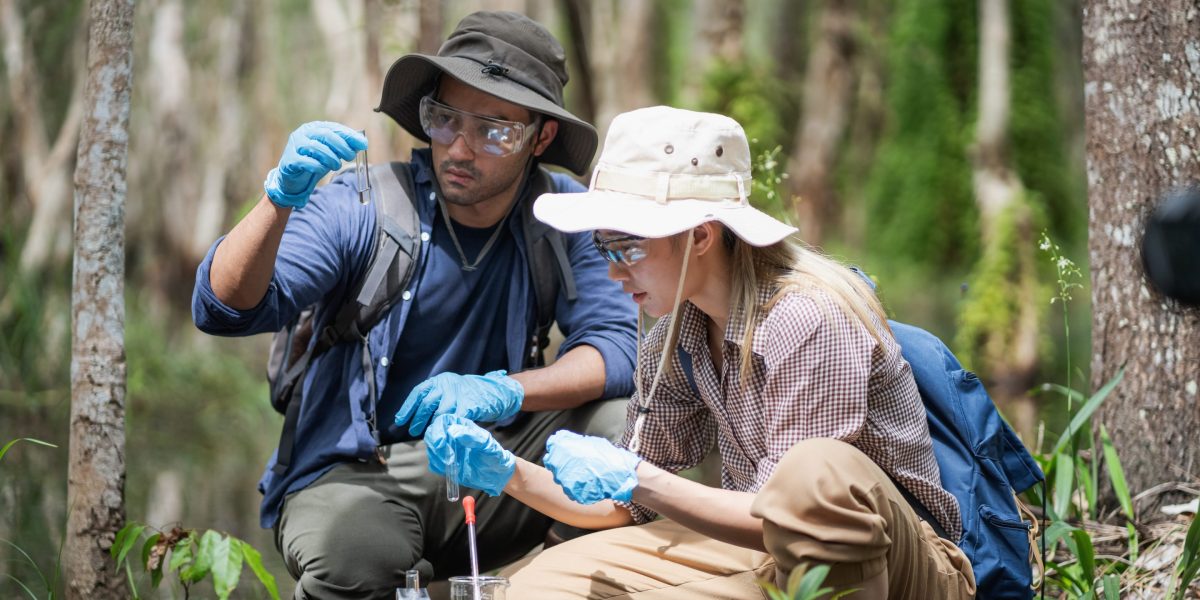

A study that explores the feasibility of using pigeons to guide missiles and one that looks at the swimming abilities of dead fish were among the winners Thursday of this year’s Ig Nobels, the prize for comical scientific achievement.
Held less than a month before the actual Nobel Prizes are announced, the 34th annual Ig Nobel prize ceremony at the Massachusetts Institute of Technology was organized by the Annals of Improbable Research magazine’s website to make people laugh and think. Along with handing out the awards, the audience makes and tosses paper airplanes.
“While some politicians were trying to make sensible things sound crazy, scientists discovered some crazy-sounding things that make a lot of sense,” Marc Abrahams, master of ceremonies and editor of the magazine, said in an e-mail interview.
The winners, honored in 10 categories, also included scientists who showed a vine from Chile imitates the shapes of artificial plants nearby and another study that examined whether the hair on people’s heads in the Northern Hemisphere swirled in the same direction as someone’s hair in the Southern Hemisphere.
Other winners include a group of scientists who showed that fake medicine that causes side effects can be more effective than fake medicine that doesn’t cause side effects and one showing that some mammals are cable of breathing through their anus.
In that discovery, researchers found earlier this year that, in emergency cases, oxygen can be absorbed through the rectum. According to CNET, the Japan-based team of scientists deprived mice, pigs and rats of oxygen before giving them oxygen enema. The method successfully introduced oxygen into the different animals’ blood. Technically, scientists consider this breathing through the butt.















